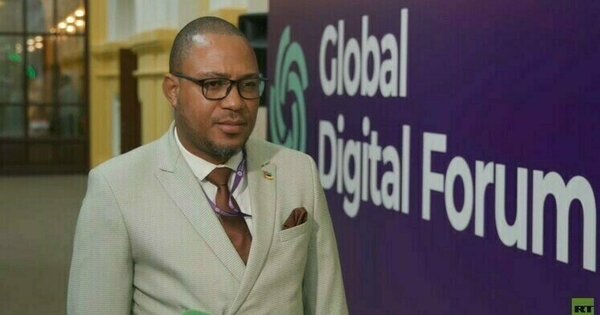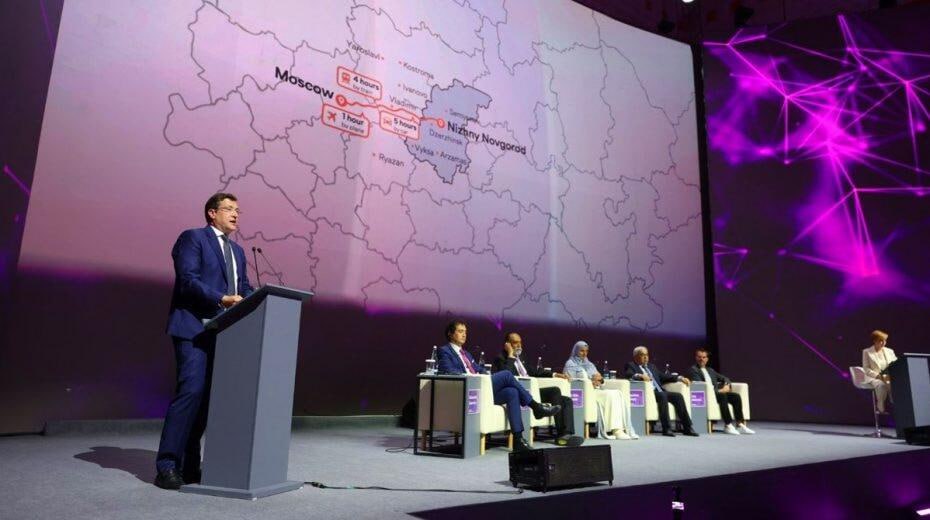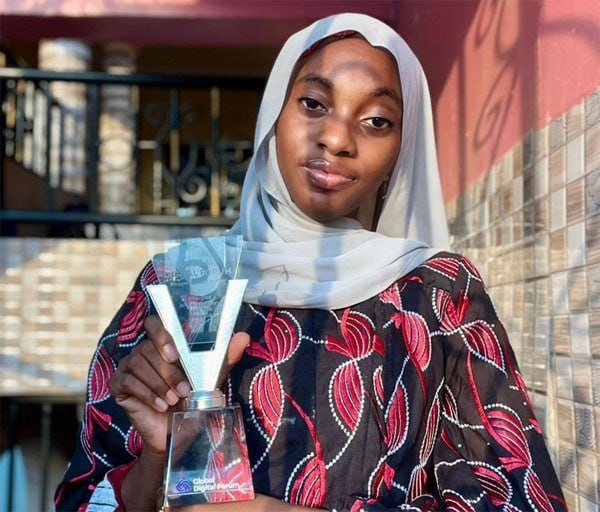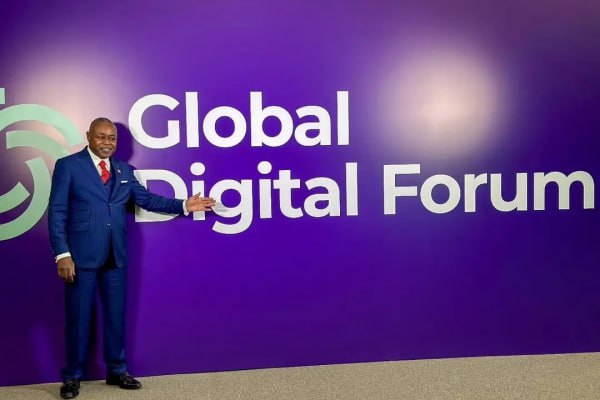В условиях глобальных трансформаций страны Глобального Юга усиливают технологическое взаимодействие с Россией - и это отмечают международные СМИ. Ближневосточное издание Menafn пишет о заявлениях африканских и азиатских представителей, прозвучавших на Глобальном цифровом форуме: в приоритете – цифровое сотрудничество, ИИ и кибербезопасность.
Чжоу Лицюнь, глава Союза китайских предпринимателей в России, напомнил, что экономика Китая и России тесно связана. В прошлом году объём торговли между странами составил 240 миллиардов долларов. Он отметил, что несмотря на санкции, китайский бизнес продолжает активно заходить в Россию. Это говорит о хорошем будущем для совместных проектов.
С ним согласился и Сунь Тяньшу — основатель китайско-российской цифровой B2B-платформы КИФА. Он отметил, что ограничения со стороны Запада открыли новые двери для китайских компаний. По его словам, многие препятствия, в том числе проблемы с переводами денег, почти удалось решить.
Джозеф Киси, менеджер по ИТ в государственном интернет-провайдере Зимбабве (GISP), рассказал, что между странами Африки и Россией давно налажены рабочие связи. Он подчеркнул, что технологии важны для развития. «Мы ищем новые идеи и технологии для роста страны», — сказал он, объясняя, зачем приехал на Глобальный Цифровой Форум.
Санни Вагхела, основатель Techdefence Labs, предложил развивать ИИ и кибербезопасность вместе с Индией. Он отметил, что Россия обладает нужными технологиями, а Индия — сильными специалистами. По его словам, сейчас несколько российских компаний рассматривают возможность совместных проектов в Индии.
К идее объединения усилий в сфере ИИ присоединились и африканские эксперты. Риспер Оньянго, исследовательница из Кении, рассказала, что технологии часто внедряются без учёта местной специфики. «Нам уже приходилось сталкиваться с ИИ, который не подходит под наши условия. Эти решения не рассказывают наши истории», — сказала она Menafn. Она добавила, что такие продукты нужно создавать вместе, чтобы все получали от них пользу.
Африканские делегаты также говорили о возможностях сотрудничества в сельском хозяйстве, образовании и управлении данными. Генри Нкья, учёный и преподаватель из Танзании, рассказал, что его интересует, как ИИ может помочь повысить эффективность при работе на дому.
Другие участники с континента тоже настроены на совместную работу. Эуженио Альберто Макумбе, руководитель цифрового управления Мозамбика, сказал, что в стране идёт активное развитие цифровых решений, и сейчас ведётся работа над национальной стратегией по ИИ. Он отметил, что форум — это хорошая возможность перенять опыт, особенно у России, где уже многое сделано.
Мохаммад Сабер Шах, предприниматель из Бангладеш и основатель компаний AW Communication и Chittagong Live, назвал ГЦФ полезной площадкой для общения с зарубежными коллегами. Он сказал, что видит в этом мероприятии «мост» для новых партнёрств. По его словам, у Бангладеш и России хорошие долгосрочные отношения, и это создаёт основу для развития цифровых проектов.
В ГЦФ приняли участие около 2000 человек из 116 стран. Среди них — Нигер, Республика Конго, Коморские Острова, Малави, Камерун, Танзания, Сомали, Эфиопия, Сенегал, а также Индия и Китай. Участники обсуждали расширение партнёрства в торговле, ИИ, кибербезопасности и обмене технологиями.




